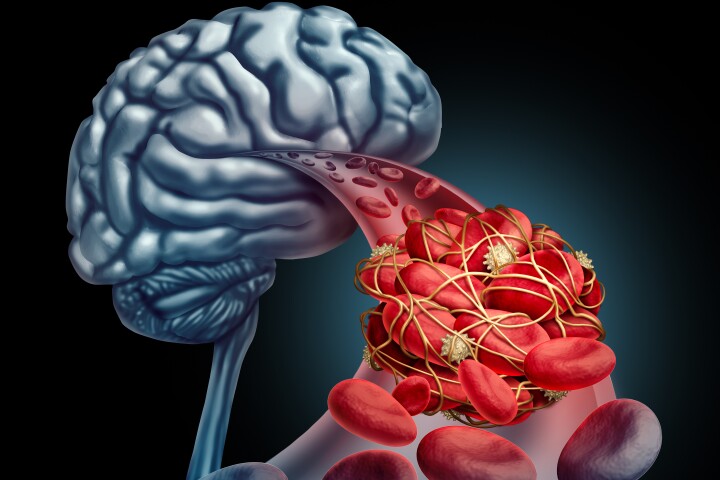University of Helsinki
-
Often, the decision to get a Rottweiler over a Chihuahua is made based on personality. A new study has found that while the breed is an important factor, a dog’s personality is determined by a complex interaction between genetics and environment.
-
A new study has identified a subset of microglia, the brain's immune cells, and their important role in brain development and cognition that could pave the way for new treatments for neurodegenerative conditions like Alzheimer’s disease.
-
A new study has found that a species of gut bacteria cause the destructive nerve cell ‘clumps’ that are a hallmark of Parkinson’s disease. The discovery opens the door to the development of targeted treatments for this debilitating disease.
-
Intracerebral hemorrhage is a devastating disease that becomes increasingly deadly for its survivors. Scientists now hope a novel discovery that helps rid the brain of toxic debris can lead to life-saving treatment for the condition that has no cure.
-
Horses were likely the first “vehicle” humans used to travel faster and farther, but when exactly did we start riding them? Scientists have now found archeological evidence that suggests horseback riding started some 5,000 years ago.
-
One of the best ways of tracking an infant's neurological development is to observe their movements as they play. A new "smart" jumpsuit is designed to do so automatically, providing consistently accurate data via machine learning technology.
-
Since early 2020 it has been suggested dogs can sniff out patients with COVID-19. Now, a study has reported on a real-world investigation into this method of detection, finding it's potentially effective, at least in detecting COVID-negative people.
-
A massive international study designed to unearth new knowledge around the causes of migraines has turned up some interesting new insights, with the authors effectively tripling the number of known genetic risk factors for the condition.
-
Egg white powder is a widely used food ingredient, which means that a lot of hens have to be raised on a lot of farms, producing a lot of waste. There may soon be a greener alternative, however, thanks to a fungus which produces a key egg protein.
-
Scientists have used 49 pairs of identical twins to delve into the metabolic changes that can take place in fat tissue as a result of obesity, teasing out some distinct biological processes that were linked to adverse health effects.
-
A new AI-based system is able to ascertain which facial features are found most attractive by individual people. It can then create computer-generated faces combining those qualities.
-
Astrophysicists have found evidence of quark matter at the heart of compact stars. Combining recent theoretical calculations with astrophysical observations, the researchers found that the most massive neutron stars most likely have “quark cores.”
Load More











